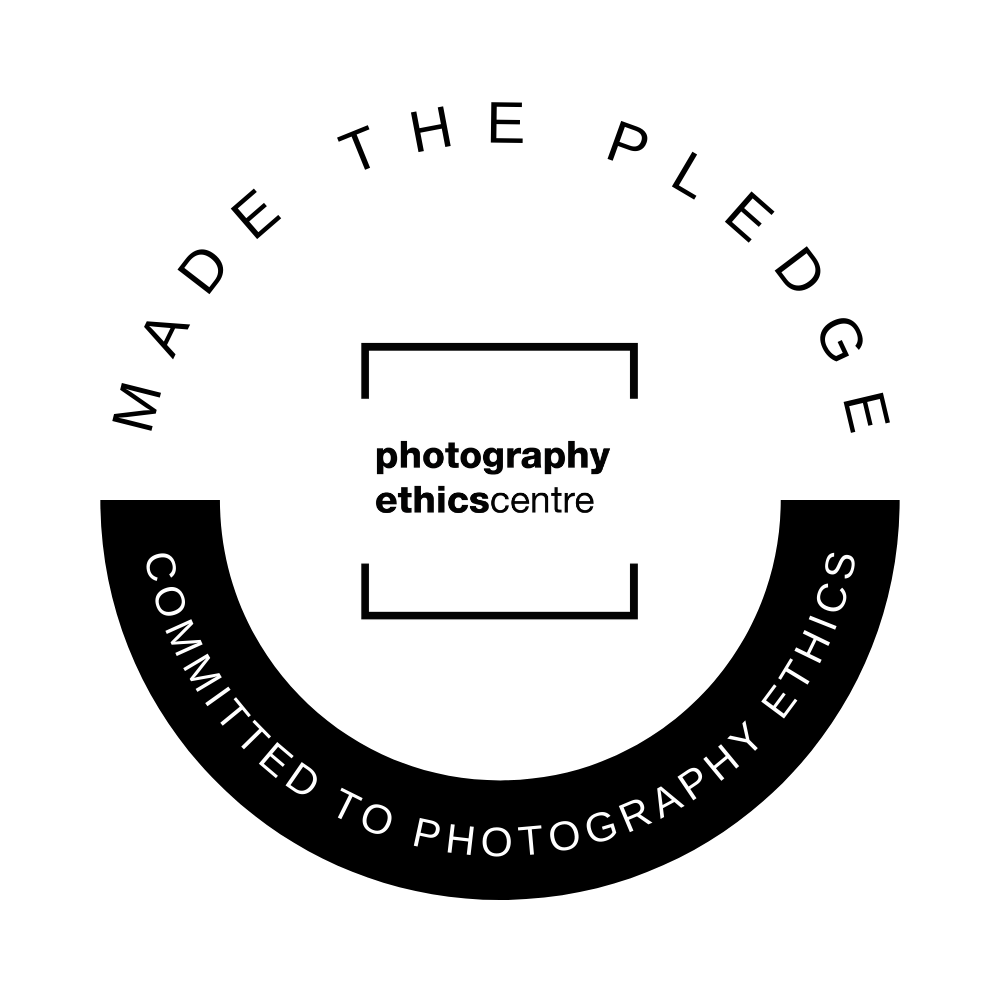“The safety of the subjects is the most important, the dignity of the subjects is the most important, their comfort is the most important.”
Ethics are an important part of my approach to photography. I am aware that my background might unconsciously influence how I present the subjects that I photograph and the stories that I try to tell. Having a codified statement of ethics allows me to question myself and my process when creating work. This questioning of motives helps me to evolve my practice so that I can avoid making the same mistakes over and over. This is an iterative process and will evolve over time, as will my statement of ethics.
Empathy – I will approach those that I wish to photograph with respect and treat them with dignity. I will try to understand a situation or subject through study and speaking to those with a lived experience in an open and honest dialogue, where possible. I will always try and put myself in the position of others when considering which stories to tell or images to create.
Collaboration – I will aim to work collaboratively and value the input of those that I am working with. Involving subjects in the creative process will allow more honest and accurate representations of people and places.
Consent – I will obtain informed consent from the people I photograph, using an enhanced consent form. Using jargon free language I will inform them about the purpose of the project, how the images will be used, and any potential risks or consequences. Where consent is not provided, I will not attempt to persuade those that I am photographing. I will ensure there is an understanding of the limitations of withdrawing consent after the publication of any images, and allow space to consider whether this might pose issues for a subject in the future.
Consequences – I will consider any potential consequences to people and communities in both the short and longer term. I will ensure that subjects have considered this as part of the enhanced consent process.

